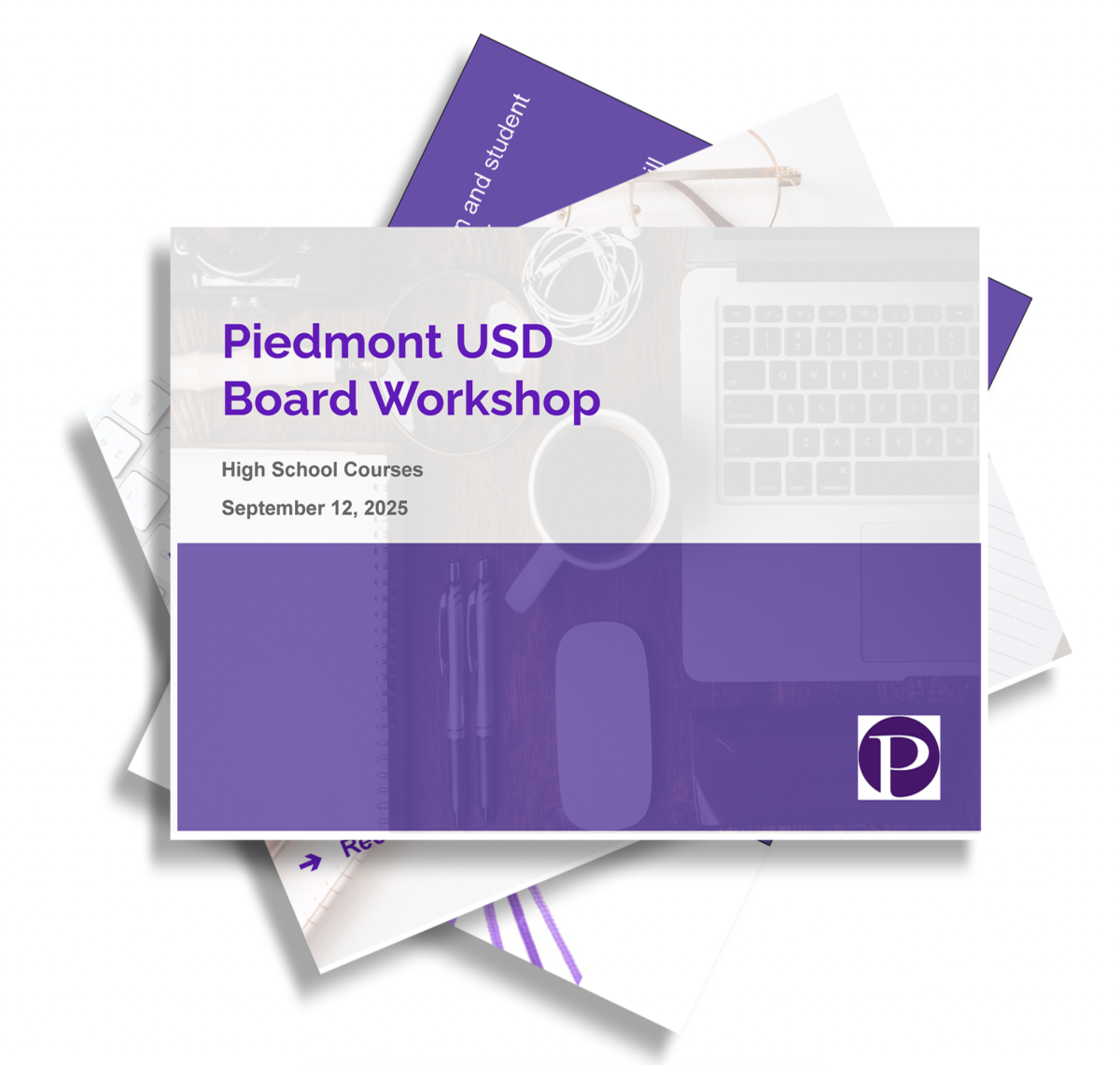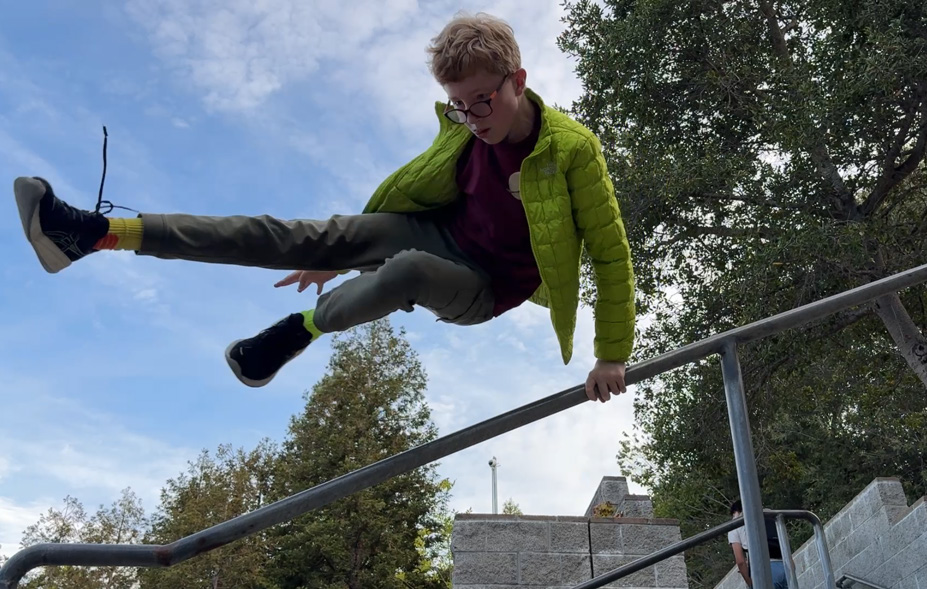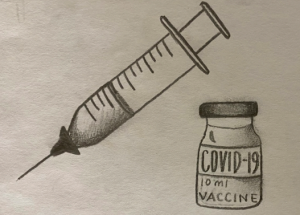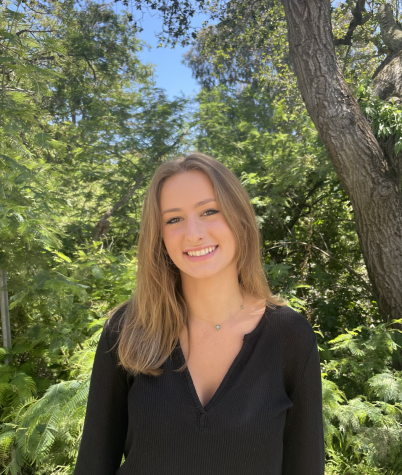Schools are reopening after summer break, and it’s time to send your children to school. One has asthma, and the other a history of lung complications. You rest assured that their school is instating every protective measure possible. Unfortunately for the majority of non-Piedmont residents, this likely isn’t a safe assumption.
TPH had planned initially to run a story demanding action on the part of the school district, asking them to mandate the COVID-19 vaccine for all students and staff of Piedmont schools. However, on Wednesday, Sept. 22, the school board satisfied this request before it was made. They ruled that all persons must provide proof of vaccination to attend class on campus.
All US public schools must follow suit and mandate the vaccine in the interest of their students and staff. Any attending student or instructing staff member should be held to a basic standard of expectation of consideration and respect. They must protect both themselves and the members of their communities by receiving full inoculation against COVID-19.
The currently widely implemented policy across California schools directed at teaching staff permits weekly testing as a valid substitute for proof of vaccination. The caveat that unvaccinated people must be tested weekly provides little assurance that those individuals will not be carriers and transmitters of the virus. In the six day interim period between testing, it is highly likely that an individual is infected, remains asymptomatic, and proceeds to interact with others, unknowingly acting as a carrier and transmitting the virus, according to the CDC.
According to their Aug. 23 news release, the FDA fully approved the Pfizer COVID-19 vaccine for use in individuals 16 years of age and older. All three vaccines went through four stages of rigorous clinical trial prior to public release, as per the FDA standard, according to the NIH. Severe allergic reaction to any of the vaccines has occurred in roughly 2 to 5 million cases, according to the CDC.
It is important to protect personal freedoms, but not without question. Personal freedoms extend as far as the person to whom they belong. The moment any action extends beyond the bounds of the individual, it becomes the concern of all those the action affects. Vaccination against COVID-19 easily breaches this threshold. Curiosity and caution are important practices. But hesitancy bred by misinformation is exceedingly dangerous, and no public institution should cater to this mentality. The COVID-19 vaccine is safe, and this must be regarded as fact, and policy decisions made accordly.
Even a high vaccination rate within a community far from removes all risk associated with exposure to the virus. Having received both doses of the vaccine nearly eliminates the chance of hospitalization in young people; however, it does not guarantee full immunity or prevent transmission, according to the CDC. Young people, upon infection, can become transmitters of the disease, hence posing a serious threat to the more vulnerable individuals they may interact with.
It is the duty of able community members to protect their vulnerable counterparts- they rely on the fulfillment of this duty. Piedmont has helped set an important precedent.






























